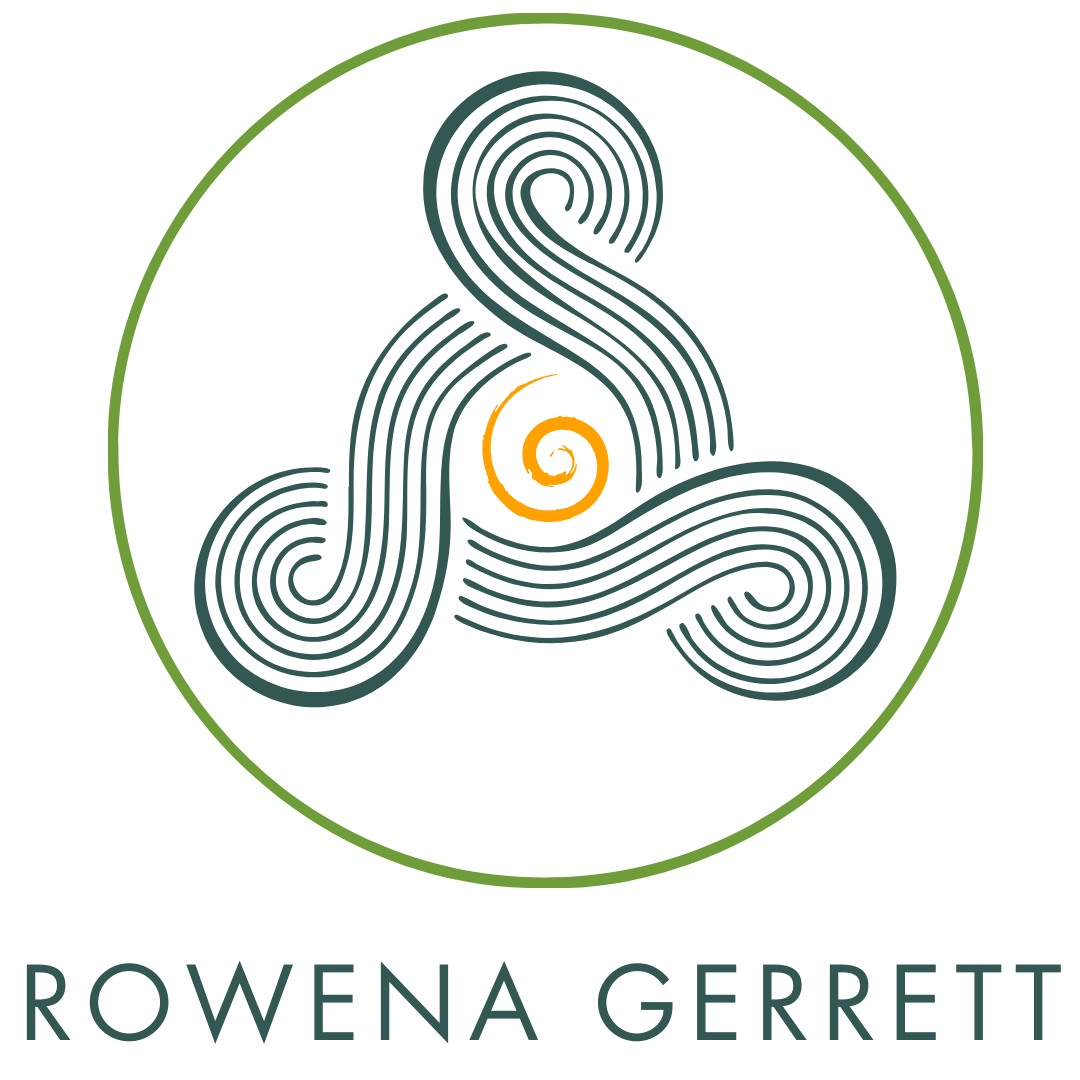Let's Care, Differently: Why we might cling on to old patterns, even when they're not serving us
Recently, a colleague and I joked about a possible new tagline for my work: ‘give a shit, differently’.
While it’s deliberately flippant, it equally speaks to something much deeper, that I’d love to share with you:
The idea that so many of us can hold onto our established ways of operating for fear that bringing in new ways might make us less effective - and that this is something we fundamentally need to challenge.
This fear arises, in one way or another, for a lot of the clients I work with, and shows up for me as well.
This narrative is pernicious: if we change the ways in which we work, the ways in which we motivate, reward and value ourselves, then we will stop showing up so effectively. Or we’ll stop achieving as much, doing great things in the world.
This fear that arises might sound like: if I allow in and then embed a way of working that is cyclical, that allows for ebb and flow, that has playfulness, that truly acknowledges my value irrespective of my production or output, then I won’t be me anymore. Or I won’t keep going.
It might show up as not allowing ourselves to rest, as pushing on through all the time. It might show up as a harsh, critical voice that is over and over, pushing us to ‘do better, do better’, without acknowledging the successes, without acknowledging the joy. It might show up as not allowing ourselves to really delve into our mistakes as exploratory practice, but solely as mistakes to be chastised; it can show up in the tension in our bodies.
Equally, it might show up as a withdrawal: I'm scared to step into a more expansive version of myself because of an idea that to be expansive is to override self-compassion, or the supportive practices that I know are essential for my wellbeing, and I’m not going to jeopardise that.
Kristin Neff speaks to this fear in her powerful work on self-compassion: acknowledging the powerful impact of the conditioning that so many of us receive, including still through our education system, that it’s self-indulgent to be self-compassionate. We’re often taught, in one way or another, that blame and self-judgement is what drives us to do our best. Growing bodies of research of course support that the opposite is true.
And it makes sense, right?
We need to acknowledge that we’re conditioned by a world that encourages us to only accord ourselves (and often others) value dependent upon our productivity, dependent upon the tangible outcomes of what we do. And, of course, that there often is a necessity to operate in a world that itself operates on this ‘harder and faster’ plane: we’re in it, we’re part of it.
It makes sense as well that if something has served us for so long, we would be loathed to get rid of it. I’ve got this promotion, I’ve created this business, I’ve built this life, I’ve survived, by operating in this way: I can’t give it up now.
The familiar feels safe to us, whether it’s ultimately serving us or not.
Growing our awareness of our patterns, therefore, of what is familiar for each of us, is essential in paving the way for new ways of operating.
It can be helpful, I think, to also place this in the context that many of us live in societies that encourage a binary way of thinking:
There are only two options, this might sound like: that I care deeply and give absolutely everything of myself, or that I don’t care and I switch off.
What if we lean further into the nuance between these two?
What if we lean into the idea that we can care deeply and do things differently.
Let’s explore - and then embody - new narratives.
Narratives that allow for ebb and flow; for rest, kindness and self-compassion. This can exist alongside our power, our fire, our passion and productivity. In fact, that these are fundamentally interconnected, rather than counter to one another.
Finally, of course, we can know this on an intellectual level, what we need is to embody it. We can challenge old narratives effectively for our friends and colleagues: the most challenging person to do this for is ourselves.
This is where our practice comes in.
This is where working with our bodies and with our natural world, alongside intellectually challenging narratives is fundamental.
I’d love to hear how this has resonated with you.
Rowena x
Sign up here to receive my regular newsletter, including blogposts, offerings and resources

